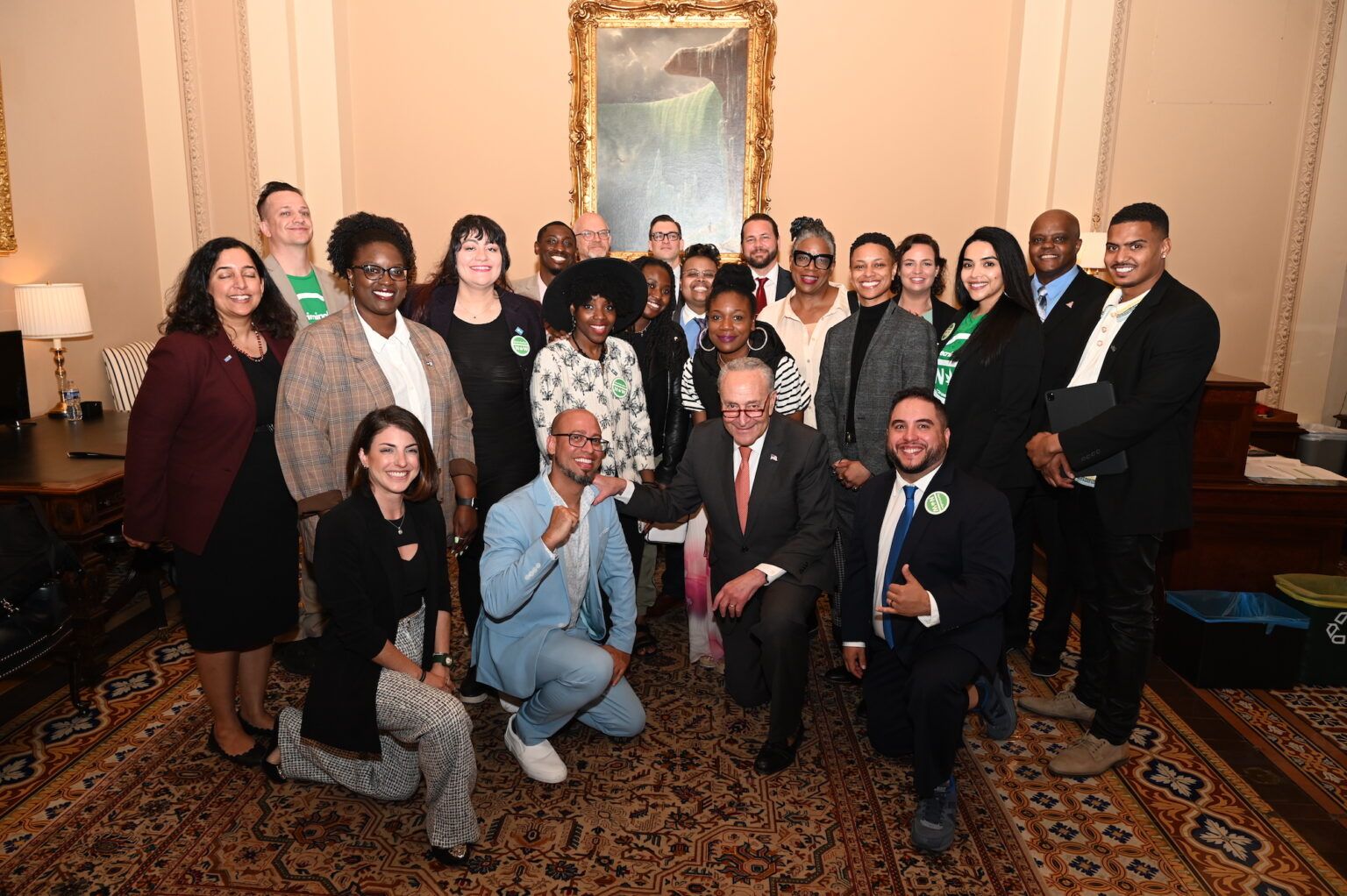MAURICE SHUMATE RELEASED FROM 15-YEAR-SENTENCE
MAURICE SHUMATE RELEASED FROM 15-YEAR-SENTENCE

40-year-old Maurice Shumate will be released from Cooper Street Correctional Facility in Jackson, Michigan on February 23, 2022 after serving six years on a fifteen year sentence in state prison for a non-violent cannabis offense.
On June 14, 2016, an Oakland County Circuit Court judge sentenced Maurice to three to fifteen years behind bars after pleading guilty to manufacturing and delivering a controlled substance–5 or less kilograms of cannabis or fewer than 20 plants, a felony under Michigan state law.
While this offense alone is only punishable by “not more than 4 years or a fine of not more than $20,000.00, or both,” Maurice received an
enhanced sentence of up to fifteen years due to prior drug convictions, all almost 10-years-old at the time. Maurice was given credit for the 22 days he was held awaiting sentencing and a maximum discharge date was set for May 22, 2031.
While the parole board had jurisdiction to grant Maurice parole beginning May 22, 2019, almost three years went by before Maurice received a release date– all while Michigan legalized cannabis which grew to become what is now a
$3.2 billion dollar industry.
While Maurice languished in Cooper Street Correctional Facility last year, Michigan saw back-to-back months of
record breaking cannabis sales with a year-end-total for 2021 exceeding $1,311,951,737 for adult-use and $481,225,540 for medical cannabis. These sales translate into hundreds of millions of dollars in tax revenue for the state. Taxes collected off of legalized cannabis in 2021 alone produced $131.2 million for the state’s marijuana excise fund and another $115.4 million went to the state sales tax bucket.
Additionally, hundreds of (disproportionately white) individuals in Michigan continue raking in millions of dollars for doing the exact same thing. While he engaged in the very same conduct involving the very same plant, the result was vastly different. Instead of becoming a millionaire, Maurice received a felony conviction and landed in a prison operated by the same government that collects from
taxpayers for both his continued incarceration and for cannabis sales–the offense for which he was convicted.
After six years from the time of Maurice’s “offense,” Maurice will finally see freedom. However, he will still be subject to ongoing supervision by the state of Michigan for what could be several years to come.



The Last Prisoner Project. All rights reserved.
Last Prisoner Project is a 501(c)(3) tax-exempt organization with EIN 83-4502829. Mailing address: 1312 17th St #640 Denver, CO 80202. Our governing documents and conflicts of interest policy can be found here. Our Privacy Policy can be found here.
Website built on KUSHY



